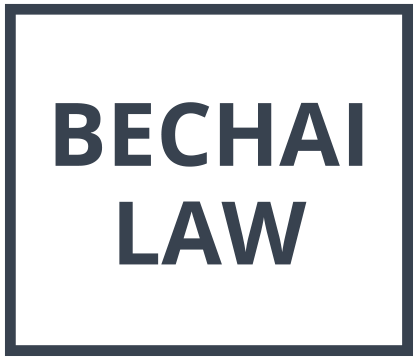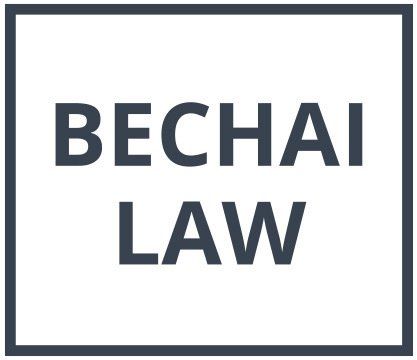Blends and Lawyers
How many lawyers do we need?
In recent weeks, the question has come up a few times: “We are a blended family. Do we each need a lawyer, or can we use the same lawyer to prepare our Wills?”
When advising a client – no matter the relationship status – it is important to determine who may have a claim against their estate and to plan accordingly.
Where a couple only has children from their current relationship, usually only one lawyer is retained to prepare their Wills. The partners – whether married or common law – present the same legal obligations on death, namely to each other, their children and any other dependents they may have. They also often share the same wishes as to the distribution of their estates. Therefore, “mirroring” Wills are typically prepared: these provide that when the first partner dies, everything is left to the surviving partner and then when they die, the assets are left to the children of their relationship. In essence, each partner’s Will provides the same instructions.
Blended families – whether legally married or not – present different dynamics. One or both partners have children from a prior relationship, and they may or may not have children together. The legal considerations are therefore more involved.
In a blended family, each partner’s obligations to their former partner must be considered. Are there Separation Agreements or Divorce Orders in place? If not, what is the legal status of the prior relationship? Has there been an informal arrangement or pattern of behaviour between the parties that gives the former partner rights to the estate? Are life insurance policies being used to secure payment of spousal support? What about child support? What has been decided (if anything) about guardianship of the children should both parents die?
Furthermore, the obligations to the new partner and children must be considered. How will legal obligations to the current family be met, while also satisfying the rights of the prior family? While just the legal claims can be challenging to balance, there is more at play.
Just as important as the legal obligations, it’s important to consider how you want to distribute your estate.
With blended families, some partners may want to treat all members of their families equally, but this may be unsatisfactory to the current partner. Other partners prefer to take a different approach and provide more for those who “need the money more”. Furthermore, there may be strained relationships among the various parties so avoiding conflict may be a top priority.
Therefore, to plan effectively, honest and open conversation with legal counsel is critical.
If one lawyer is retained to draft Wills for both partners, this would be what we call a “joint retainer”. The nature of this relationship is important to understand. It means that while information shared between the couple and the lawyer is kept confidential and protected by solicitor-client privilege, the lawyer cannot keep confidential information shared by one of partner from the other. Our rules of professional conduct require that a three-way conversation is always maintained.
Couples of a blended family are therefore encouraged to ask themselves: can I be fully open and honest about my wishes in front of my partner?
If yes, then perhaps retaining one lawyer makes sense. In fact, if it is the rare (but not impossible) situation where the couple of the blend will have mirroring Wills, then it may be important to have one lawyer. Otherwise, the Wills ultimately produced may not in fact mirror.
However, if you are hesitant about where the conversation with your lawyer may lead and whether you will feel comfortable enough to express yourself freely in front of your partner to provide your lawyer with instructions, then perhaps it is better for you and your partner to retain separate legal counsel.
This can be a tough question to answer, but a little soul searching up front can help simplify the estate planning process, and perhaps more importantly, lead to a smoother distribution of your estate.



